How to get good at photography?
Is photography a skill or a talent?
Photography is a journey... in a way. However, while journeys usually have a definite endpoint, it’s not the case with photography. It is a never-ending journey. There is no point where you can put the camera down and say, "I've done everything; there's nothing new for me anymore." Photography is more like a long trip with many stops along the way. Everyone has a different path and a different pace of skill growth, but the goal is the same for everyone - it’s to constantly improve skills.
Regardless of what your interest in photography is - amateur or professional, there’s a bunch of incredibly useful skills that any photographer should have in their creative toolkit.
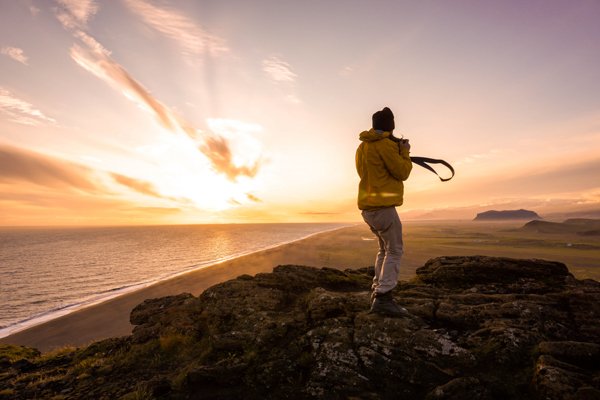
Is photography a skill or a talent?
Photography can be compared to any other craft, it takes experience and skill to learn how to take great pictures. Does the quality of photos depend on the cost of the camera or on the skills of the photographer? Opinions on this subject are mixed. Some photographers believe that a good camera is half of the photographer’s success. It's possible, but if you don't know the basic rules and secrets of photography or just your photographic experience is not very great, it will not work. It’s a questionable subject and both aspects should be taken into consideration.
However, at THE PHOTO ACADEMY, we are ready to assert that talent is not a gift at birth and it is possible to develop it yourself. It may take years of hard work, but the secret of mastering the art of photography does exist and it can be discovered by anyone, if only they’re truly willing to.
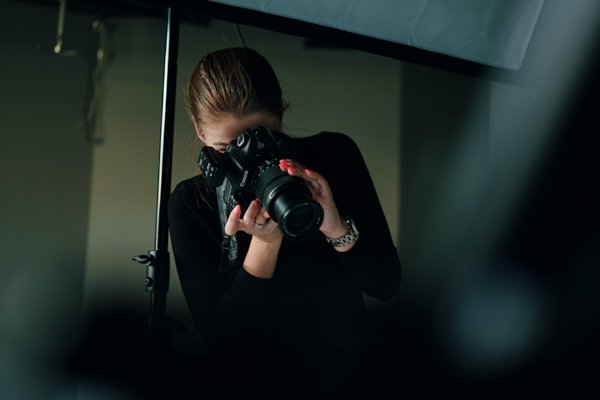
Can anyone be a photographer?
Today's smartphones are as good as DSLRs, so anyone can feel like a photographer today. It doesn't require any special skills - all you have to do is take a couple of pictures and choose the right filter.
And yet taking pictures with the smartphone and being a professional photographer are completely different things. Like any other skill, being good at photography requires a lot of time and effort.
You can read a bunch of articles on how to become a smartphone photographer. But to become a pro, you will have to learn the technique of creating unique shots, develop your own auteur vision, constantly fight for your place in a very competitive field, and improve constantly.
In theory, anyone can become a photographer if their photography passion has moved beyond the scope of a simple hobby, regardless of their education, career path, or cultural background.
You don't need a formal education to become a pro photographer. There are many self-taught masters in the industry. However, working with a mentor can add value and greatly accelerate the learning process.
At THE PHOTO ACADEMY, you can always take offline courses or sign up for online photography classes. Such courses will give you a solid base from which it's easier to start taking good shots or even build a career.
Best of all, you'll be taught by people who have already gone all the way. They will not only share success stories, but also experiences of overcoming challenges. These are very valuable insights that are easy to miss when learning on your own.
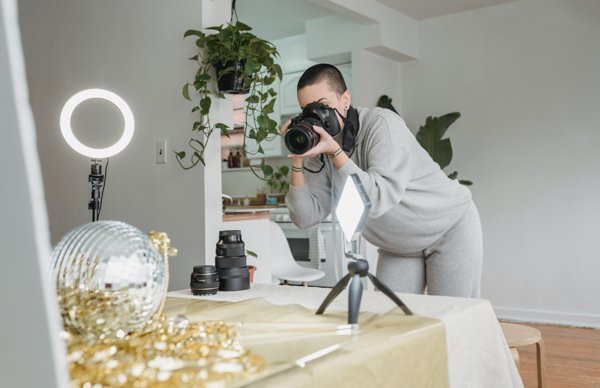
Is photography a difficult hobby to undertake?
When you first decide to devote yourself to photography, you'll find that you have a lot to learn. But even if you start small, you can achieve your goals and succeed in the most unexpected ways.
Like any other hobby, photography helps distract you from your main work and daily routine, relieves stress, and broadens your worldview. It allows you to expand your social circle, make friends with fellow hobbyists, and realize your potential that might not currently be in demand at work.
A person with a camera sees the world differently, they notice things that others may pass by indifferently. A photographer retains the ability to be excited and surprised, discovering new facets and colors of life, just like a child does. If you want to learn to ‘see’ the world from another angle, to learn more about it and your own place in it, we encourage you to pick up a camera!
But what do you need to get good at it? To do amateur photography, you don't have to have an expensive DSLR of the latest model. You can take good pictures even on the most ordinary smartphone. Try practicing and take as many pictures as you can, wherever, whenever. See what attracts your attention, see which ones are better, and what topics are the most interesting to you. Yet, it’s not all that simple.
Like many creative activities, photography appears to be very simple until you try it yourself. For example, when you look at a professional dancer, you might think: "They move so easily and naturally! It doesn’t look so hard, I could do it!" But when you try a couple of dance moves yourself, it turns out it isn’t so easy: at a minimum, you need special training.
It's the same with photography: while seemingly simple, it's quite difficult to take good pictures. After all, it requires a lot of knowledge and skills. Both technical (how to set up a camera, for example) and creative (how to compose a shot, how to choose the right lighting).
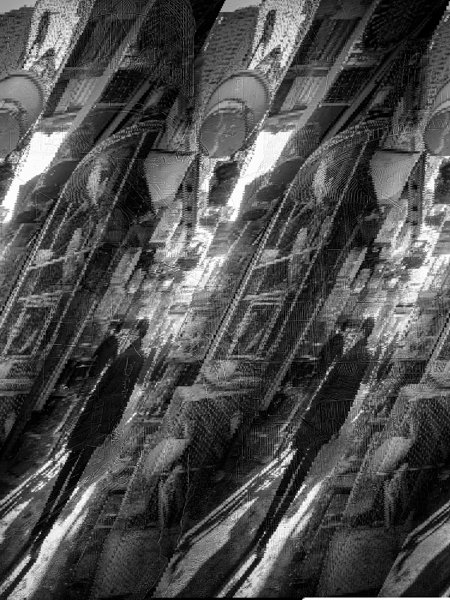
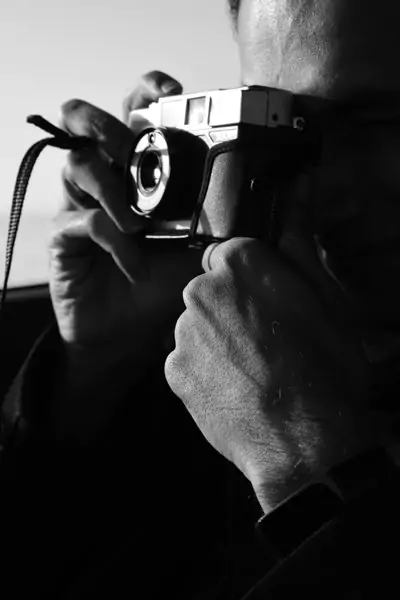
On the other hand, when you have the necessary experience, photographing is effortless and satisfying. The camera doesn't interfere with getting good shots, and the composition is built intuitively. But you have to practice, learn, and gain experience.
The speed of learning will depend on your initial skills and level of training. Start by learning the basic terms of photography so you don't get lost in the abundance of professional vocabulary. As soon as you’re done with the theoretical part, put the knowledge into practice. Start with the basics and gradually work your way up to more advanced settings. The main thing you need to learn is how to set up your camera the way you need it to get the shot you want.
Try different settings, light, weather conditions, and subjects. Photograph food, dogs, children, people, leaves in the garden, cars on the street. Give yourself as much time as you need to feel the cause-and-effect relationship between those variables and the end result. What happens if you alter the lighting? What if you change the pose of the model? What if you become invisible and shoot everything on your way as if you couldn't see the camera?
It’s also likely that you’ve already tried the "spray and pray" method of photography. In photographers' slang, "spray and pray" refers to a situation where you mindlessly click the shutter, hoping to get one good shot out of hundreds. Sometimes this method is preferable, for example for shooting active sports or birds in flight. However, with most genres of photography, it's best to take your time. You need to plan, research, imagine, and stock up on a tremendous amount of patience. Be more intentional. One way to achieve this is to use a tripod. It will allow you to take your time and think in detail about composition, lighting, and necessary or unnecessary elements.
What does it mean to have a 'good eye' in photography?
Taking photos thoughtfully is always a challenge, even when for amateur photographers. For many photographers, it might be hard to go back to the time when they shot without thinking about composition, about the relationship of objects in the frame, about a concept, after all. They’ve taken control of these things and learned to use them tolerably, to one degree or another. When that happens, they’re usually already so deeply interested that a part of their lives is taken up by looking at other people's pictures. They wonder what others are doing. They begin to be influenced by other people's images. This is where what they look at and how they look start to matter. The factor of observation comes into play.
‘To have a good eye’ basically means to have a sort of photography instinct. It is a kind of visual experience of a particular photographer. Things and concepts that they have seen and processed. However, is not that easy to extract true value from the things your eyes see. Nowadays, everyone is exposed to hundreds of images a day, but a photographer knows how to add other, "exceptional" images to this "casual" experience.
So, how to develop a good eye in photography and get valuable insights from the things around you? We’ve prepared a few tips that will help you develop a ‘photography hunch’.
Tip #1. Watch good movies, enjoy visual art, and always look around!
The main problem of most beginner photographers is not the lack of good photography equipment or even the lack of technical skills. The main problem is the lack of artistic taste. You need to develop a good one! Look at photos of known photographers, explore classical paintings, visit exhibitions and museums. Analyze the work of real masters: why did the artist or photographer choose to show their object in this or that way? How is the composition structured? How did the author work with light?
Visiting exhibitions, looking at galleries of famous photographers and artists on the Internet will fuel your own creativity. And vice versa: sources of mediocre content are something for you to avoid.
Why is this important? Imagine what would happen if someone who has never seen a single painting was given brushes and paints? Most likely they would not know what to do with them; at best they would depict something similar to a cave painting or a child’s drawing. Here’s an interesting example that illustrates this: did you know that some isolated African tribes are not only unable to perceive an image of the plane, but can’t even distinguish colors and shapes that are not found in their environment? They just do not have the necessary experience for it. It is inherent in a person's life and creativity to use the experience they accumulated. Such experience is crucial for you to have ‘a good eye’.
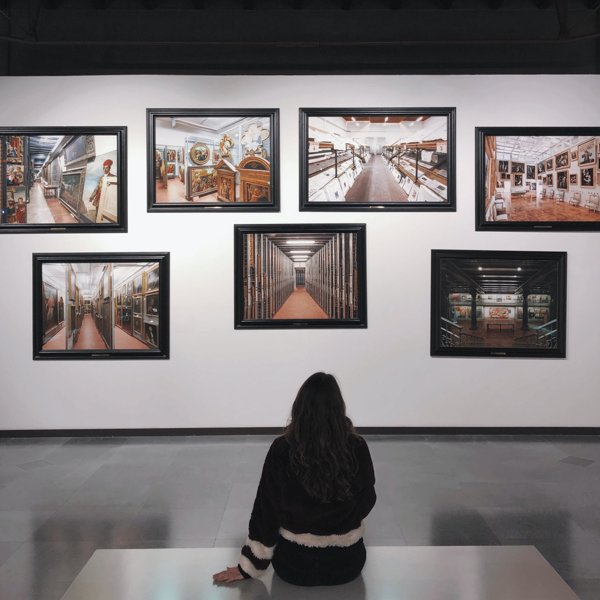
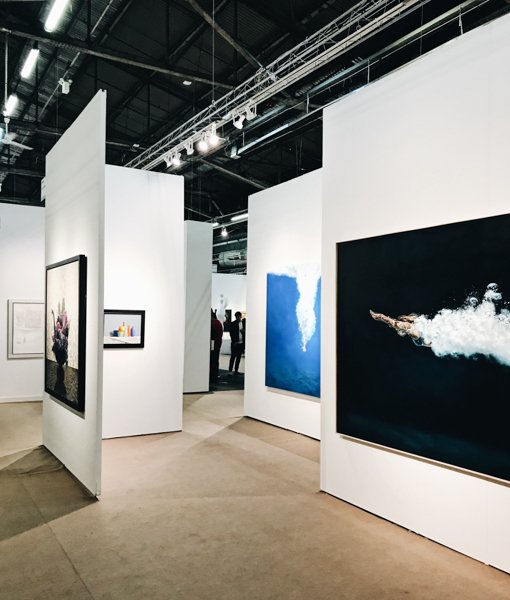
**Tip #2. Travel, walk around and explore new places. **
As we know, you can't take too many good pictures while lying on the couch at home! Walk your camera! Travel, walk around, visit interesting places. Participating in events is also useful. That way you'll get to witness interesting scenes and gain the experience you need to take pictures in different environments. If we talk about landscape photography, it is generally unthinkable without travel. By the way, it’s also true for portrait photography: often to take a good portrait you need to find a beautiful place, a good background, and only then take a beautiful picture of your model.
There is also a psychological aspect: when you travel, no matter how far it is, you gain impressions and inspiration that add to your creative energy!
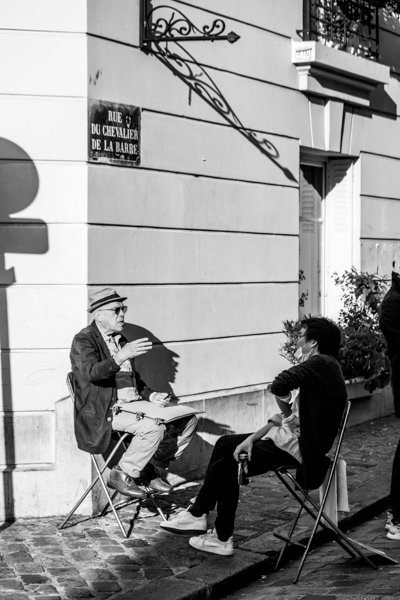
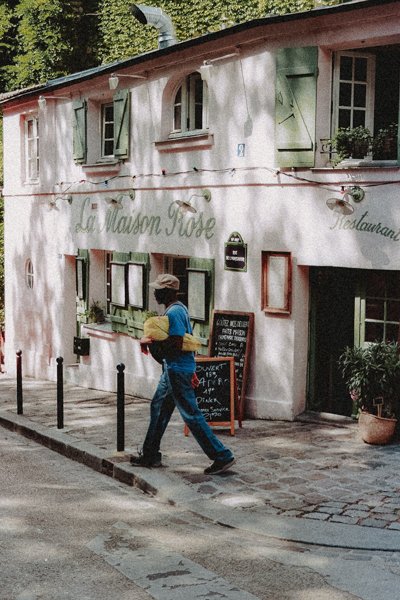
Tip #3 Repeat after other photographers
Photography is a visual language of expression. When children learn to speak, they first repeat simple words after adults, then put them into phrases... Language is based on repetition of constructions and symbols. Creativity also works through repetition. It is important to repeat and know what has been done before. This is how scientific progress, and even evolution, work.
We are forced to believe that art is always about something unique. But sometimes the recognition goes to the one who has pieced together known elements in the best proportions. Don't be afraid to repeat the subjects, ideas, compositions, and approach to taking pictures after the photographers who inspire you.
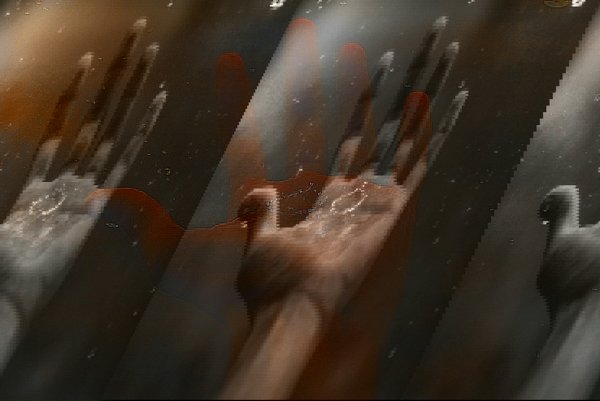
Creativity flourishes when you use your analytical and emotional faculties to interpret what you have previously seen, processed, and experienced. When you just start learning to take pictures, you have to copy a lot of things anyways, in one form or another, while your own approaches will be developed over time.
These tips shall inspire you to pick up a camera and create your own stories. You’ll begin to see differently, to feel, to anticipate your photos. And then a good result will happen as if by itself.
There are many other ways to find inspiration too, there’s something for everyone. It might also be looking at other people's work on sites like 500px or Instagram. Many great photographers share their work online every day. Sometimes that's enough to spur your desire to take pictures. You can choose to go to an art museum and be inspired by the work of the masters and awaken your creativity. You may prefer to read books written by photography pioneers. Do what works best for you. The key is to keep practicing. Over time, you'll notice your skills improving at a rapid pace.
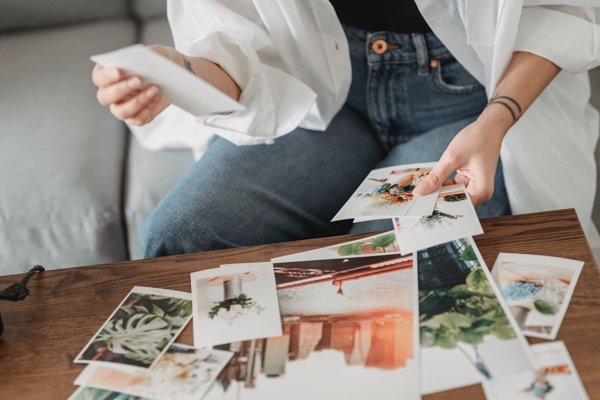
We’re sure you’d feel proud as you watch your pictures getting better and better. You may also share your photos online and get feedback on the work you've done. This will help to keep going, develop your style, and find new approaches to photography.
Well, let’s sum it up now. Studying photography not only gives you knowledge of photography itself, but also a deeper understanding of processes and phenomena in many related fields. What is the nature of light, how a camera is technically constructed, how to explain its tasks better to the model, - your outlook will broaden and in addition to being a good photographer and an educated person, you will be an interesting conversationalist as well. Even a trip to a museum will turn into a fascinating activity of figuring out the compositions in paintings and sculptures, evaluating the success of this or that solution, and finding inspiration for your own masterpieces.
